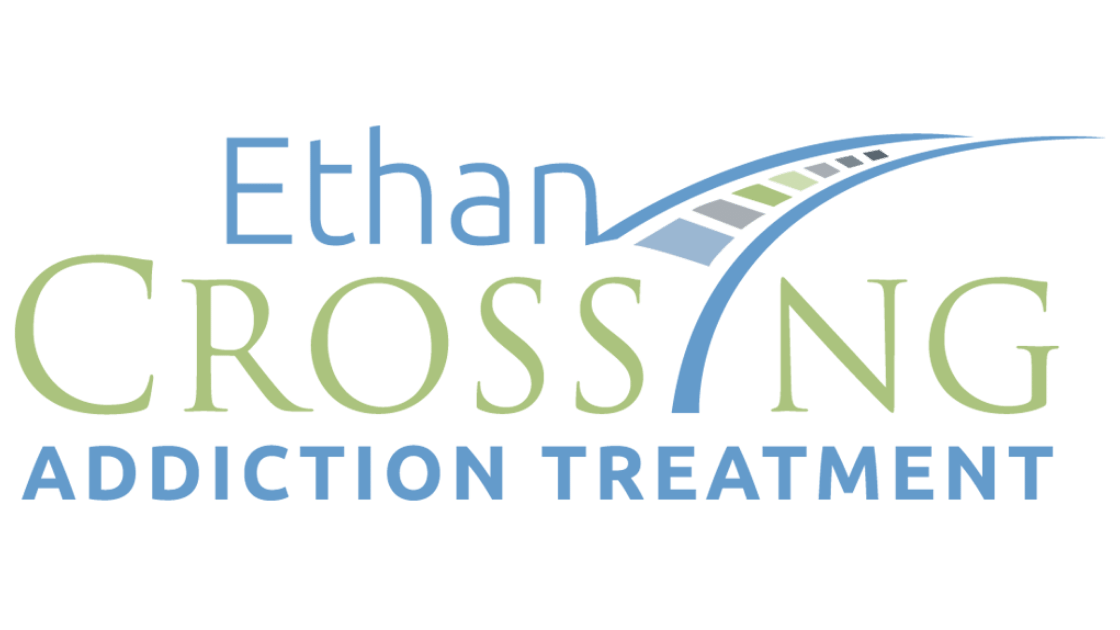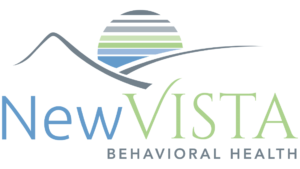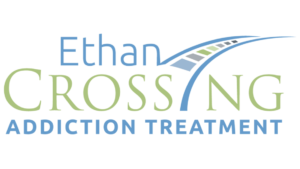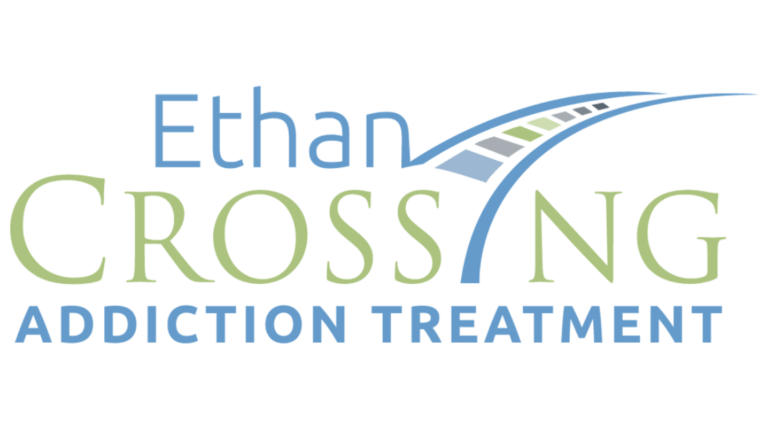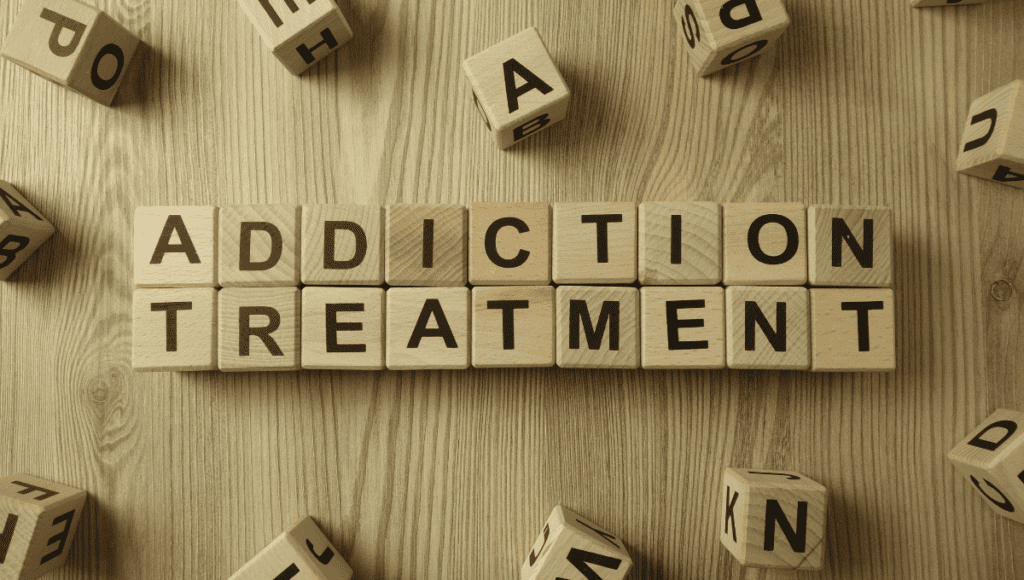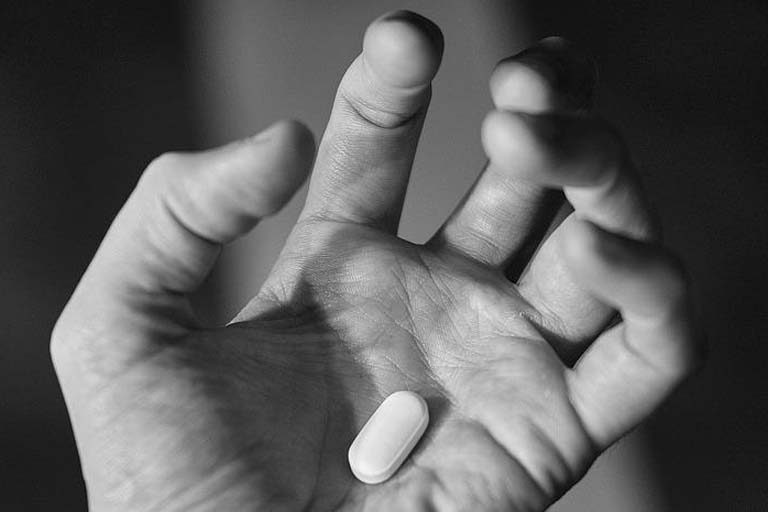It might be difficult to have a talk with someone in your life who is suffering from an addiction to painkillers. They may have started off with a legitimate prescription for the medication leading them to believe they do not have a problem.
However, you can show your love and support while maintaining boundaries. Before approaching a loved one to discuss concerns, keep in mind that they may not be ready to hear what you have to say. It’s critical to be as gentle and non-aggressive as possible. Don’t make them feel threatened or ashamed. Consider starting out with a one-on-one talk, this may be less intimidating than conducting a large-group intervention.
Here are a few examples of how you can initiate the conversation:
- “I wanted to check in with you because you haven’t seemed yourself lately. I saw some things that worried me…..”
- “I want you to know that I love you and I’m here for you no matter what you’re going through.”
- “You know you can talk to me about anything, right?”
Getting through to someone struggling with an addiction to painkillers can be challenging simply because you have very little influence over their decisions. Even so, we must not underestimate the positive influence our support can have. Ultimately, if they are not responsive to the one-on-one conversation, then staging a group intervention may be another option.
Why Are Painkillers So Addictive?
To begin with, painkillers are designed to be used on a daily basis, forcing the user to form a habit. Second, because painkillers are prescribed by a physician, they are sometimes regarded as safe and non-addictive.
The use of opioids for 30 days or longer creates a risk of dependence. The term basically means an abrupt end to the use will result in symptoms of withdrawal. Extended use can also result in the user developing a tolerance for the drug. They might require increasingly larger doses in order to feel the same effects. Fortunately, the vast majority of users only need prescriptions for a few days, after which they can end use without problems.
People with existing substance addictions are often more likely to develop addictions to painkillers. Mental illnesses and post-traumatic stress disorder can also make a person more likely to develop an addiction. In addition to relieving pain, certain drugs can also provide a feeling of euphoria. That feeling of well-being can encourage continued use of the drug beyond the prescription.
Opioid tolerance creates a greater risk of overdose. Because opioids can slow breathing and lower blood pressure, overdoses can be fatal. Substituting one substance for another is also a common risk when an addiction goes untreated. If a user can no longer receive legal prescriptions for painkillers, they may try to obtain pills prescribed to others (even if they have to steal them), or they may resort to using illegal drugs like heroin- just to stop the withdrawal symptoms they start feeling.
Jump To Section
Effects Of Painkiller Addiction
The initial signs of painkiller addiction include:
- Going to more than one doctor for a prescription
- Using the drugs in a way other than prescribed
- Lying or hiding behavior from friends and family
- Experiencing withdrawal symptoms when you stop using
Abuse and addiction to prescription painkillers can have terrible implications for people who abuse them. Prescription drug misuse can affect almost every aspect of an addict’s life. The following are the most typical long-term effects of prescription opioid abuse:
- Financial devastation
- Joblessness
- Ruined relationships
- Incarceration
- Homelessness
- Overdose
- Suicidal ideation
- Death
- Legal consequences
Painkiller Addiction Treatment
At Ethan Crossing, we offer a comprehensive level of treatment for painkiller addiction. Our program begins by helping you to detox. You may benefit from our painkiller detox treatment if you have intense cravings or withdrawal symptoms. We can provide other medications to minimize your pain to help you clear the drug from your body. Some medications can help your brain cope without the drug. From there, many people move into a residential treatment program with us.
During rehab at our outpatient treatment program, you will go through programs designed to help you recover from the physical and psychological scars of painkiller addiction. We offer treatment programs such as alternative self-help and more:
- Cognitive-behavioral therapy program (CBT)
- Motivational interviewing program
- A dialectical behavioral therapy program
- 12 step therapy program
Additionally, we also offer programs such as an individual therapy program and a family therapy program to help you work through issues that enable your addiction. We are with you in this journey towards getting painkillers out of your life. With our holistic treatments and comfortable facilities, you will feel empowered to change your life for the better.
Addiction Treatment Centers By Location
All Treatment Centers: See Rehab Centers
Springfield: Ethan Crossing Addiction Treatment of Springfield
Cleveland: Ethan Crossing Addiction Treatment of Cleveland, Ohio
Columbus: Ethan Crossing Addiction Treatment Of Columbus, Ohio
Indianapolis: Ethan Crossing Addiction Treatment of Indianapolis
Dual Diagnosis Treatment
It is not uncommon for a person struggling with opioid use disorder to also suffer from mental health disorders. You may be using prescription painkillers to cope with your anxiety, depression, pain, bipolar disorder, or post-traumatic disorder. In other cases, the use of drugs and alcohol can trigger these underlying mental health issue. A drug rehab that also treats co-occurring disorders allows you to address both conditions at the same time. Treating one without the other is never as beneficial. If you stop using drugs or alcohol, but you do not address your mental health or the reason the substance use issue occured in the first place, there will be a higher rate of relapse.
Find Help Through Our Painkiller Addiction Treatment Programs
If you are seeking a treatment program, you are making the right decision for your future. At Ethan Crossing Recovery, we identify the treatment plan that is going to fully address each of your needs. We have an experienced team that is passionate about helping you overcome addiction. Reach out for help today.
